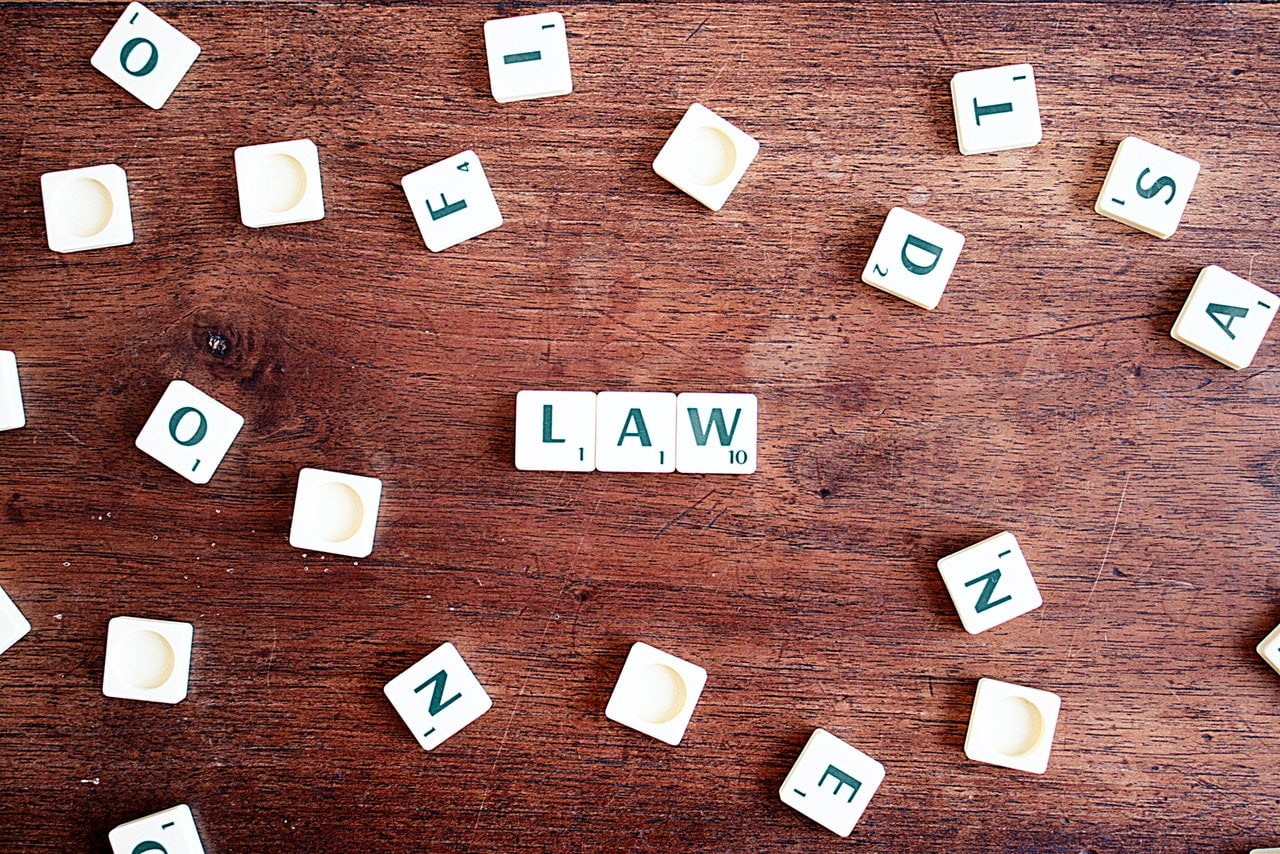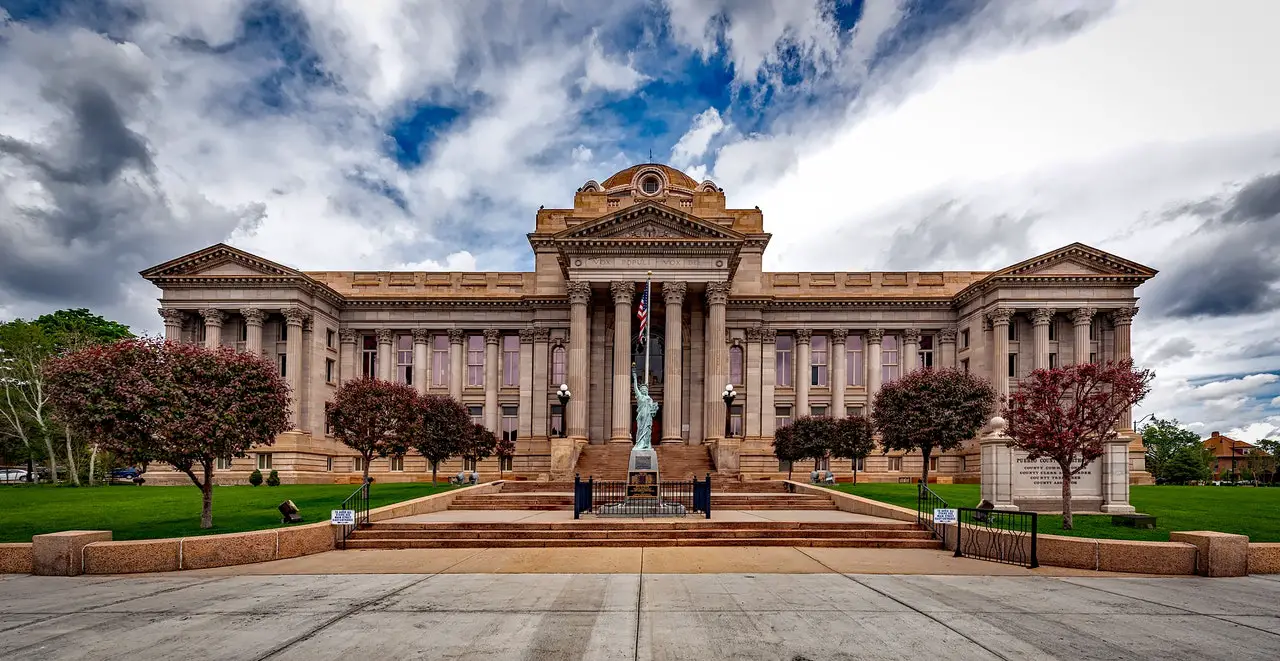A unitary system, also known as a unitary government, is run under one single structure. There are federal and state governments in the United States, and this is not the case with a unitary system. Two examples of unitary governments today include France and the United Kingdom. However, the UK is technically a constitutional monarchy but functions as a unitary system. We will discuss in more detail Unitary System Pros and Cons in this article.
Like most forms of government, there are good things about this type of government and downsides.
Pros of the Unitary System
There are plenty of good things about how a unitary government is run. Since this type of government has existed for many years, there must be. Here is a list of the pros related to a unitary government.
1. Citizens Are Less Confused Over the Governing Process.
In the United States, a democracy, citizens are subject to four governing bodies’ laws. For example, if you travel to another town in a neighboring county, you are subject to local laws and follow the city’s rules. You are also expected to follow different state laws. For example, if you purchase marijuana in Massachusetts, you cannot cross into Rhode Island or Connecticut while in your possession. With so many different governing bodies at work all the time, it is easy for citizens to get confused.

With a unitary system, there is no confusion. There is one clear set of rules for everyone, which reduces the risk of a citizen accidentally breaking the law. Everyone everywhere is held to the same legal standard.
2. Emergency Situations Can Be Responded To Quickly.
Every decision in a unitary system is made by one government. During an emergency, this is helpful because there are no various governments and bureaucracies to navigate through. Because there is just one government at work, emergencies such as natural disasters, riots, and wars can quickly respond. There is no need to work to get funding from various forms of government first.
The United States is much different. During emergencies, states must work alone and then with the federal government regarding funding, which can delay much-needed help. The Covid-19 pandemic is proof of this.
3. Unitary Systems Are Less Expensive To Run.
Because a unitary system runs under one single structure, the administrative costs are much less. This smaller structure can lower taxes for citizens, and the government won’t have to give up anything. These lower costs can also help citizens financially who are out of work due to a disability. Overall, citizens benefit financially from a unitary system just as much as the government.
4. The Government Is Smaller.
Although there is just one governing structure, local services are also a priority. What sets a unitary government apart is how the local officials are used. The central government will send one delegate to oversee each community in a unitary government. This is how things work in France. In France, there are 1,000 local subdivisions called Departments. Each one is run by one person who the central government appoints. This makes things less confusing and getting things done easier when just one person runs everything is more accessible. Each person knows what they are in charge of, and there are no questions regarding who is responsible for a specific task.
5. The Government Legal System Is Less Complex.
The United States is run under the Constitution. According to the Constitution, some power is held by the federal government, but each state is in control in some cases. It is not uncommon for the federal government and the states to disagree over who is really in charge, and they turn to the Supreme Court for answers. This can be very time consuming and also expensive. This isn’t an issue with a unitary system because no state and local governments exist. Everything is run under one governing structure, where everything is decided. A unitary system does not need Supreme Court proceedings to make any decisions.

6. A Unitary System Can Be Similar To Federated States.
Although a unitary government is run under one governing body, citizens can voice their opinions on local matters that they can in federated states. The government will send the chosen delegate to each area so that the citizens can voice their local issues. After the citizens have expressed their concerns, the representative will communicate the government’s concerns, ensuring that the problems are resolved. Under this type of government, all citizens are heard.
7. A Unitary Government Creates Unity.
Because a unitary system is run under one governing body, citizens’ loyalties are not torn between the state and national government. Everyone is put in a position where they all work together. The United States has two parties, the Democrats and the Republicans. In today’s world, these two parties couldn’t be more divided. Families are sometimes broken up due to different political views. Before each election, the tensions between the two parties escalate significantly. In a unitary government, there is no divide because everything is run under one governing body. This allows a sense of unity within the citizens, which wouldn’t happen if there were more than one political party.
Cons of the Unitary System
While there are plenty of upsides to a unitary system, there are also downsides. Here is a list of the cons related to this type of government.
1. A Unitary Government Can Lack the Necessary Infrastructure.
The good thing about this type of government is that the government can make decisions quickly. However, this type of government can lack the infrastructure necessary to implement the government’s choices. During an emergency, if there isn’t enough help from the administration, it can result in the local decision-makers getting involved to handle things on their own. Because the delegates don’t have absolute power, the people don’t always get the help or protection they need. The delegate would first need to go to the central government to get the necessary aid. There are times when this can do more harm than good.
2. It Is Not Uncommon For Local Needs To Be Ignored.
In the United States, there are state and federal governments, allowing each local government to handle its own needs without needing to go to the federal government.
Because a unitary system is run under just one government and a delegate for each community, things are not uncommon to fall through the cracks. If a community needs help but cannot get it from their local delegate, there isn’t much that the community can do. It is not uncommon for local needs to be ignored, and citizens can suffer.
3. Under a Unitary System, An Abuse Of Power Is Possible.
Under a unitary government, just one individual or one legislative body is in control. These people are responsible for every decision that is made while they are in office. Because there is no accountability, the person in charge can abuse their power, hurting not just the country but each of its citizens. Looking back at history and even what is happening in some places today, giving one person absolute power leads to problems.
It is this specific reason that the United States government is run differently. There is accountability and a system of checks and balances in the United States. This will always prevent anyone from having absolute power, despite how desperately the sitting President wants it.
4. Manipulation Can Occur Very Easily Under a Unitary Government.
While a unitary system is great because things are done quickly due to a lack of bureaucracy, this structure makes it easy for people to manipulate the system. If the person in power wants to make deals and pursue options to make more money for themselves, there aren’t many ways to stop them. There are no laws in place that keep the person in power from using the country and its citizens for their own needs.

In the United States, plenty of laws are designed to keep the President from using the government and their position to earn wealth for themselves. Within the Presidential Democracy of the United States of America, many other checks and balances are aimed at preventing this. This shouldn’t happen in the United States, but under a unitary government, no laws prohibit this kind of corruption.
5. The Central Governing Body Always Comes First.
Under a unitary system, there is a central governing body. To meet local needs, the central government will send just one delegate to handle things. However, the government will always put itself first and the local communities second in emergencies or serious situations. This can result in some citizens not getting the help or resources they need. If states don’t have anyone putting them first, the citizens are the ones who suffer.
6. the Individual States Cannot Make Their Own Decisions.
Each state creates tax laws in the United States, among other things. In a unitary government, this is not the case. Each state cannot control anything in its area, which has posed problems in the past. Each state exists, but only under the umbrella of the central government.
7. The People Aren’t Always Heard.
People in a unitary government love their countries as much as those who live in a country with a federal government system. However, citizens have fewer opportunities to interact with the governing officials under the unitary system. If a policy changes under the central government, there isn’t much that the citizens can do to prevent it from happening.
8. Emergency Assistance Can Be Delayed.
While emergency assistance on the government level comes through quickly under a unitary government, it can have the exact opposite effect for states. If an individual state needs help, one delegate is sent, and a lot of bureaucracy needs to be navigated for things to get done. This can result in states waiting for their much-needed resources, and the citizens in the areas that need help are the ones who suffer.
Conclusion
Like all governments, a unitary government has its share of pros and cons. No one government has all upsides and no downsides. If this were the case, every country would share that form of government worldwide. There will always be things that could be changed and beneficial to the citizens and the country.